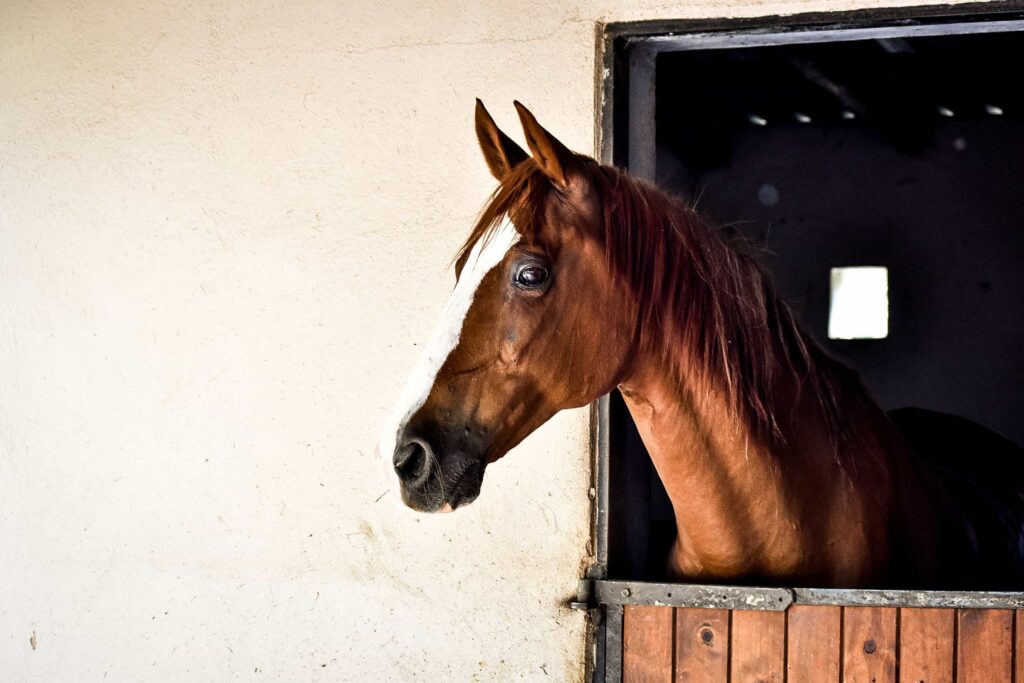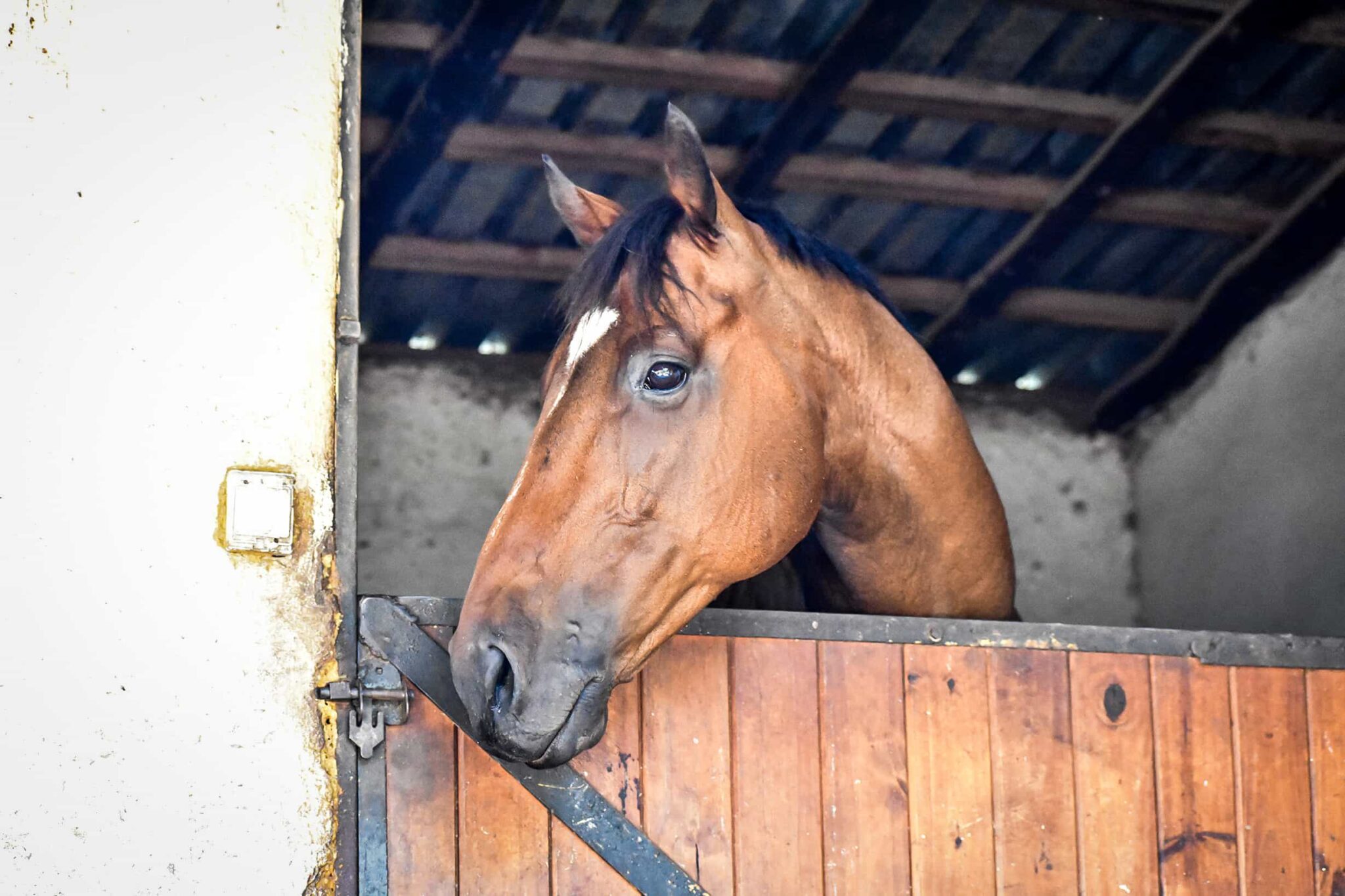Many injuries and illnesses that afflict horses require a period of rest that can last for weeks or even months. The duration and nature of this rest will be dependent on the condition the horse is suffering from, the injury sustained or the surgery the horse has undergone. The duration will also be influenced, at least to some extent, by the recovery rate of the horse.
It is vital that box rest is, as the name suggests, rest in the stable, and when your horse is on box rest, you must follow your vet’s instructions to the letter. If your horse is bored, anxious, or agitated and fails to ‘rest’ as instructed, the whole treatment plan may be in jeopardy.
Here we look at three main issues that occur with box rest:
Boredom/anxiety
Some horses tolerate box rest relatively well. These are generally older horses of a more settled temperament. In some cases, however, the stress of box confinement, and the separation anxiety caused by being away from friends, can lead to the horse’s behaviour becoming erratic and unpredictable. Such horses can develop stereotypes to relieve their stress (crib-biting, box-walking etc.) and once these behaviours are learnt, they may not disappear once the period of box rest is complete.
For such horses, it is vital to try some stress and boredom-relieving measures. Is the horse better if he is confined to a stable where he can see other horses in the field? Is he better when a companion is kept in the stable next door to keep him company? Does he do well with distraction measures like boredom balls, licks, toys, or mirrors to break the monotony? Does giving him a good grooming session settle him or, perhaps, putting several feed stations for grass around the stable? What about building a stable-sized paddock next to his friends’ paddocks?
For some horses, where none of the above measures have sufficient impact, one should consider sedatives or calmers. There are various calmers on the market, and some owners find these very helpful for their horses. Most are based on either magnesium or L-tryptophan (a precursor of serotonin – the calming, feel-good hormone) and are worth trying with your horse.
In even more fractious animals, it may be necessary to discuss some oral sedation with your vet. Oral sedation tends to be from one of two groups, the acepromazine (ACP) group or the detomidine group of drugs. The effects of ACP-based sedatives are generally milder but effective in most horses. The detomidine-based sedatives are usually very effective and safe, even if used daily, but they tend to be more expensive.
Respiratory issues
Prolonged confinement in the stable can result in dust-related issues, especially in horses with a history of respiratory sensitivities or allergies. Signs of problems can include nasal discharge, coughing, and a raised respiratory rate.
To reduce respiratory issues, try and use dust-free bedding and ensure you keep the stable clean to avoid the build-up of ammonia from urine. A low dust forage is also helpful, and soaking or steaming regular forage will help to reduce dust levels.
Make sure to create the most ventilated space possible. Moving to an outdoor stable or one at the end of the barn can be very helpful for this. As a rule of thumb, if the ventilation in the stable is sufficient, spiders should not be able to weave their webs. If you see cobwebs, then this is not a suitable box-rest stable!
Colic
Unfortunately, prolonged box rest is associated with an increased risk of colic:
- Impaction colic can occur due to bored horses eating their bedding.
- Pain meds (particularly non-steroidal anti-inflammatories) can interfere with gut motility and cause impaction and displacement colic (where the colon or caecum of the large intestine moves out of position within the abdomen.)
- A lack of movement can reduce gut motility leading to colic.
- Stress can cause disorders of gut motility and result in colic.
- Horses who develop stereotypies, particularly wind-sucking, are at increased risk of developing colic.
The risk of colic is best reduced by ensuring that your horse has access to plenty of clean, fresh water at all times and a constant supply of forage. As soon as your horse is allowed to do some hand-walking, doing this will also help to reduce the risk of colic developing.
Take-home message
No two recovery plans will be exactly the same, and while box resting a horse can involve intensive effort on behalf of the owner or yard manager, its frequent role in achieving the very best recovery for the horse means it is a vital component in many successful rehabilitations.


